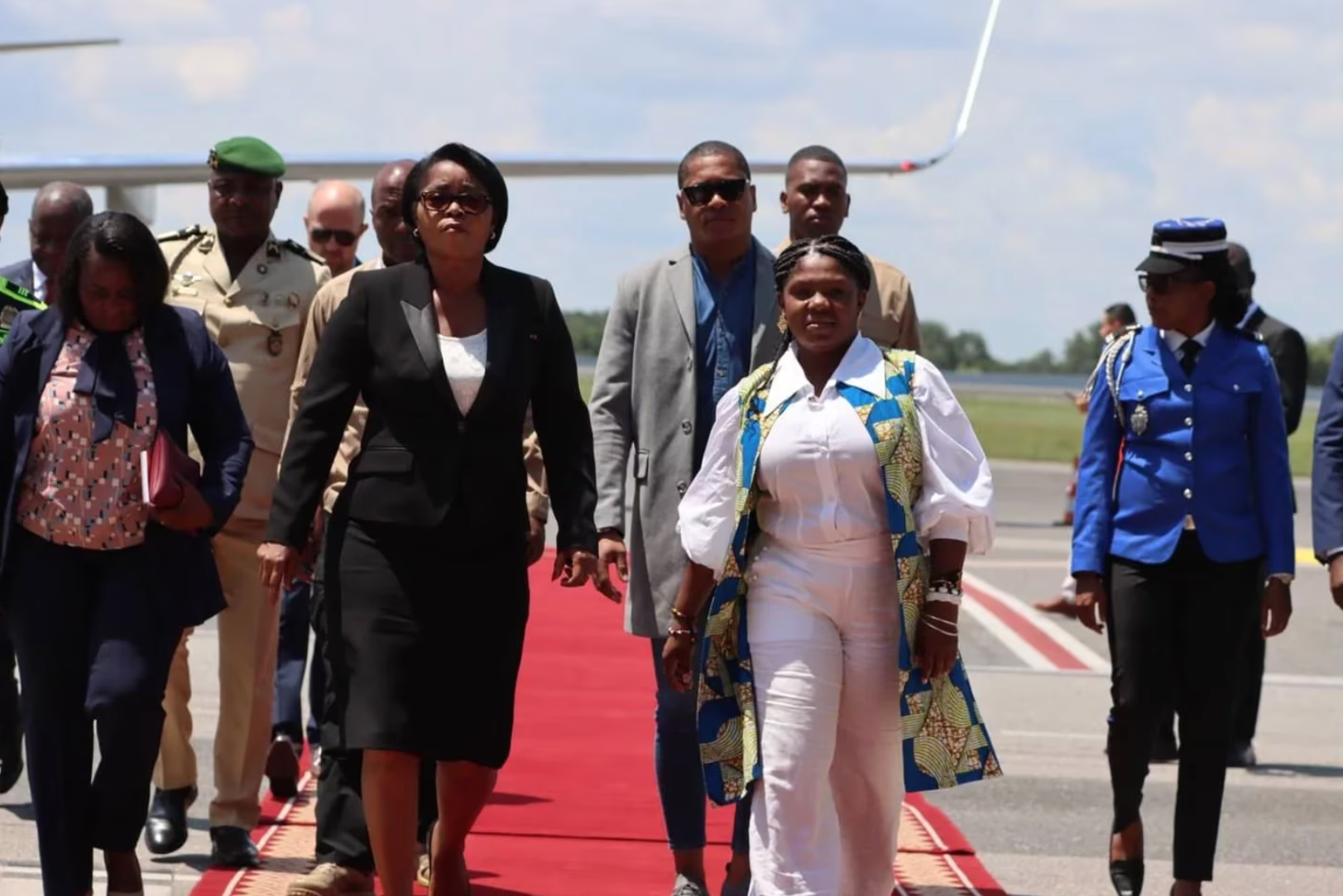On May 10, Francia Márquez, Colombia’s first Afro-descendant vice president, began an eight-day tour to three countries: South Africa, Kenya and Ethiopia. This is Colombia’s largest high-level visit to Africa in nearly three decades and seeks to strengthen relations with countries on the continent within the framework of the Africa 2022-2026 Strategy. The visit has been flattered by the potential of the African continent but also criticized by the opposition. Beyond that, Marquez’s visit to Africa is an opportunity to reflect on relations between Latin America and Africa.
Cuba was the first country to establish diplomatic relations with the continent in 1962. Brazil and Venezuela joined later, and more recently Mexico, Argentina, Colombia, and Ecuador. Since 2006, with the organization of the first Africa-South America Summit (ASA) in Abuja (Nigeria), significant steps have been taken to strengthen ties between these two actors at the political, commercial, and technological levels. But beyond this, there is a connection with Africa based on the exchange and knowledge of the peoples.
For a diplomacy between the African and Latin American peoples
Black or Sub-Saharan Africa has the strongest connection with the peoples of Latin America. A macro region with different nuances and a close connection with Latin America, from which emerged great civilizations such as the Yoruba, Bantu, Dahomeyan, Sudanese, and Congolese. It is precisely in Sub-Saharan Africa that the first link between Africa and America was established through slavery, which took place between the 16th and 19th centuries.
Therefore, cooperation between Africa and South America should be mediated by the interests of Pan-African ideology, that is to say, the unity of peoples. This, in the key of the sociology of the decolonial revolution, is called the “The Diplomacy of the Peoples“, as warned by Franz Fanon in his famous work “The Wretched of the Earth”.
The diplomacy of the peoples is a natural contradiction to the standard model of diplomacy between states. For the Afro-Venezuelan foreign policy expert on Africa, Jesús Chucho García: “Africa, because it has an enormous amount of strategic mineral resources, has become the continent of choice for world powers, not only Western ones but also for economically emerging countries such as the so-called BRICS (Brazil, Russia, India, China, and South Africa), which have been applying a mining Diploextraction”. In other words, states and their governments have focused their interests on what the continent can offer them.
Contemporary Africa, although it is trying to recover from the aftermath of colonialism, is still undergoing processes of recolonization and few African countries are assuming a concept of sovereignty and solidarity with the oppressed peoples of the world. Therefore, it is necessary that cooperation between Africa and Latin America poses a different geopolitical and ideological context, which brings the peoples closer to their needs, their solidarities, their struggles, and joint emancipatory projects.
While history and cultural roots are the main ties between Latin America and Africa, so is their diaspora. The descendants of the 15 million enslaved people who survived in the Americas today constitute the African diaspora in the Americas, which totals approximately 200 million people and which together with the entire African population and its diaspora in the rest of the world accounts for more than 1.5 billion people.
Because of the importance of the Diaspora, the African Union considers people of African descent to be the Sixth Region of Africa, in addition to the other five (North Africa, Southern Africa, Central Africa, West Africa, and East Africa).
The goal of the diplomacy of the peoples and power
While it is true that people of African descent experience serious problems of inequality, poverty, human rights violations, and widespread exclusion as a consequence of enslavement, colonialism, and structural racism, it is no less true that people of African descent and Africanism have made important contributions to the development of humanity. Africa-America cooperation must make an effort to highlight this. Poverty should not be the only colonial referent of African descent. It is important to make it clear that our civilization has made important contributions to the world, from science, technology, arts, economy, history, etc. Highlighting this is central because it leads us to have a sufficiently broad theoretical framework for reparative justice and to make substantive contributions to development.
In the cooperation between Latin America and Africa, the discussion of Afro-descendant and African power must be proposed. This implies analyzing our strategy of advocacy and political participation for the transformation of Western democracy. This must lead us to the real power of society, a model of power that allows us to transform its governments, its economic structures, and its social, hegemonic, and racial ideals that oppress us, with the aim of building a world socially more just and without racism.
*Translated from Spanish by Janaína Ruviaro da Silva











